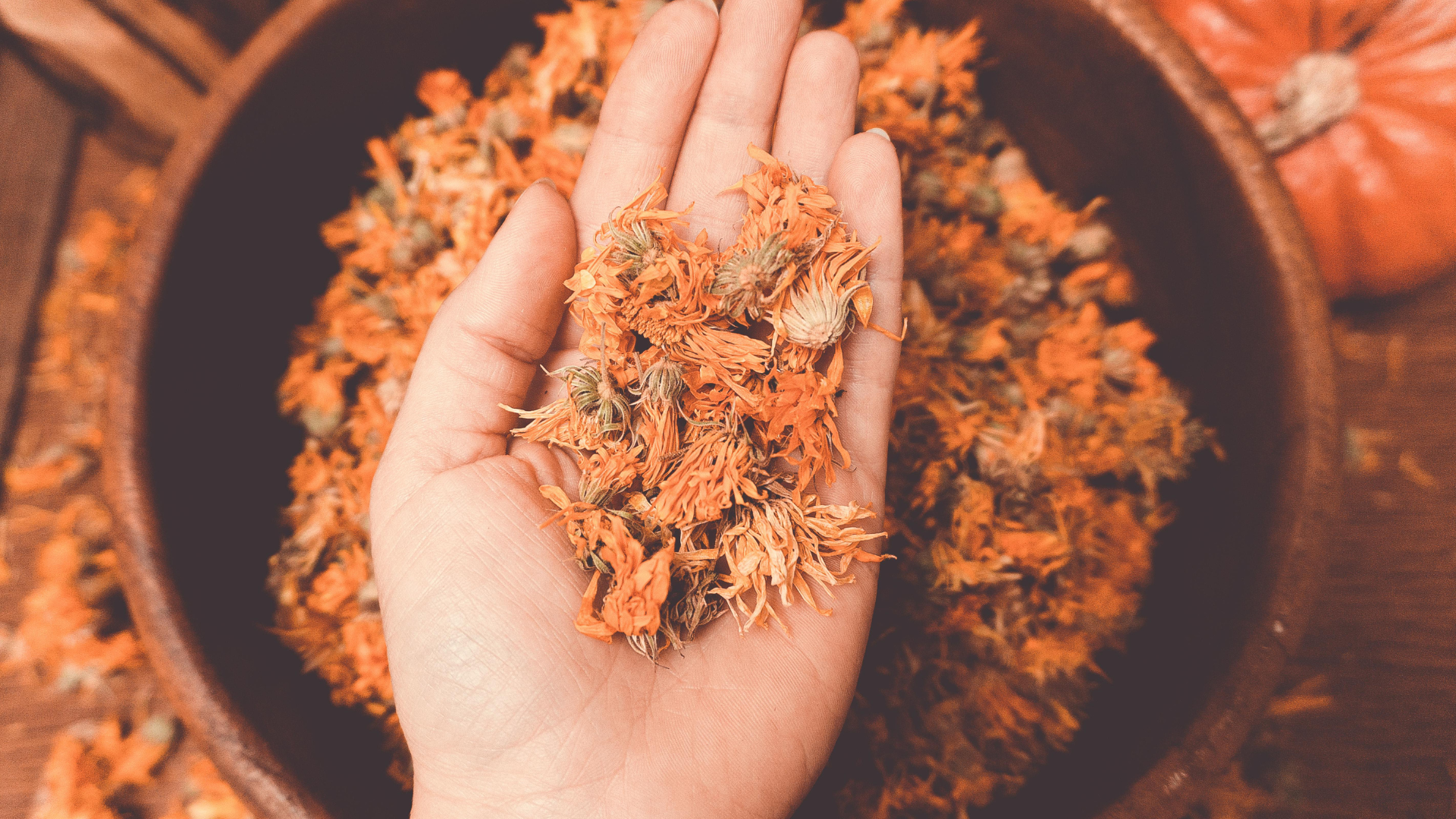The Importance of Rest and Relaxation in Ayurveda: How to Recharge Your Body and Mind
Jul 28, 2025
The Importance of Rest and Relaxation in Ayurveda: How to Recharge Your Body and Mind
In today's fast-paced world, many of us are constantly on the go, juggling responsibilities, work, and the demands of daily life. This constant activity can leave us feeling mentally drained, physically fatigued, and emotionally exhausted. Ayurveda, the ancient Indian system of holistic health, recognizes the essential role that rest and relaxation play in maintaining balance, vitality, and overall well-being. According to Ayurveda, rest is just as important as nutrition and exercise for a healthy, balanced life.
In this blog, we will explore the importance of rest and relaxation in Ayurveda and provide practical tips for recharging your body and mind. Whether you’re feeling overworked, anxious, or simply in need of rejuvenation, these Ayurvedic practices can help you restore balance and energy.
The Ayurvedic Perspective on Rest and Relaxation
In Ayurveda, the balance of the three doshas—Vata, Pitta, and Kapha—is essential for good health. When these doshas are in harmony, the body functions optimally. However, an imbalance in any of the doshas can lead to stress, fatigue, and burnout. Rest and relaxation are crucial for maintaining doshic balance and preventing illness.
Ayurveda views rest as a form of nourishment for the body and mind. Just as we need food to fuel our physical energy, we need rest to replenish our mental, emotional, and spiritual reserves. Without sufficient rest, our body’s natural ability to heal and regenerate is compromised, leading to imbalances that can manifest as physical or emotional problems.
How Each Dosha Relates to Rest:
-
Vata: The Vata dosha governs movement, creativity, and the nervous system. When Vata is out of balance, it can lead to restlessness, anxiety, insomnia, and overactivity. Rest and grounding activities are especially important for calming Vata.
-
Pitta: Pitta governs heat, metabolism, and transformation. Excess Pitta can result in irritability, impatience, and burnout. Cooling and soothing activities help reduce Pitta and promote relaxation.
-
Kapha: Kapha is associated with stability, structure, and endurance. While Kapha types are naturally calm, too much rest can lead to sluggishness. For Kapha, balance is key—rest should be energizing rather than excessive.
The Importance of Rest and Relaxation for the Nervous System
Rest and relaxation are essential for calming the nervous system, particularly in today’s high-stress world. Ayurveda teaches that stress and overstimulation can cause the Prana Vata, the life force that governs mental activity, to become imbalanced. This leads to a state of hyperactivity in the mind, making it difficult to relax and recharge.
When we engage in restorative practices, we activate the body’s parasympathetic nervous system, also known as the "rest and digest" system. This system promotes relaxation, reduces stress, and allows the body to heal. Rest is also critical for maintaining mental clarity, emotional stability, and physical stamina.
1. Prioritize Sleep for Deep Rejuvenation
In Ayurveda, sleep is considered one of the three pillars of life, along with proper diet and a balanced lifestyle. Quality sleep is essential for recharging the body and mind, repairing tissues, and maintaining mental clarity. Poor sleep can lead to increased Vata, causing anxiety, fatigue, and poor digestion.
Ayurvedic Sleep Tips for Deep Rest:
-
Establish a bedtime routine: Create a calming routine to signal your body that it’s time to wind down. This can include light reading, meditation, or a warm bath.
-
Go to bed by 10 PM: Ayurveda recommends sleeping between 10 PM and 6 AM, as this aligns with the body’s natural circadian rhythm and helps you wake up feeling refreshed.
-
Drink warm milk with nutmeg: A cup of warm milk with a pinch of nutmeg is a soothing, Ayurvedic remedy to promote restful sleep. Nutmeg has calming properties that help induce relaxation.
-
Avoid screens before bed: The blue light from phones, laptops, and TVs can overstimulate the mind, making it harder to relax. Try turning off all screens an hour before bedtime.
2. Incorporate Restorative Yoga and Meditation
Yoga and meditation are key Ayurvedic practices that not only promote relaxation but also help balance the doshas and calm the mind. Restorative yoga postures and mindfulness meditation are particularly effective in reducing Vata and Pitta imbalances, helping the nervous system unwind and recharge.
Restorative Yoga Poses for Relaxation:
-
Child’s Pose (Balasana): A gentle, grounding pose that calms the nervous system and stretches the back.
-
Legs-Up-the-Wall Pose (Viparita Karani): This restorative pose helps reduce stress, improve circulation, and calm the mind.
-
Reclining Bound Angle Pose (Supta Baddha Konasana): A deeply relaxing pose that opens the hips and chest, promoting physical and mental relaxation.
Meditation for Mental Calm:
-
Nadi Shodhana (Alternate Nostril Breathing): A calming pranayama technique that balances the right and left hemispheres of the brain, reducing anxiety and promoting mental clarity.
-
Mindfulness Meditation: Spend 10-15 minutes each day practicing mindfulness meditation. Focus on your breath and observe your thoughts without judgment, allowing your mind to settle into stillness.
3. Abhyanga (Self-Massage) for Deep Relaxation
Abhyanga, or Ayurvedic self-massage, is a deeply nourishing practice that helps calm the nervous system, relax the body, and promote restful sleep. This practice is especially beneficial for calming Vata dosha, which can become imbalanced due to stress and overactivity.
How to Practice Abhyanga:
-
Warm some sesame oil (for Vata), coconut oil (for Pitta), or mustard oil (for Kapha) and gently massage it into your skin.
-
Use long strokes on the limbs and circular motions on the joints.
-
Focus on areas where you hold tension, such as the shoulders, neck, and lower back.
-
Let the oil absorb for 15-20 minutes before taking a warm shower or bath.
Benefits: Abhyanga helps reduce stress, improve circulation, nourish the skin, and promote mental clarity.
4. Stay Hydrated and Eat for Balance
What you eat can have a significant impact on your energy levels and ability to relax. In Ayurveda, food is seen as medicine, and a balanced diet is essential for maintaining restful energy and reducing stress.
Vata-Pacifying Foods for Relaxation:
-
Warm, grounding, and nourishing foods like soups, stews, root vegetables, and whole grains help calm Vata and promote relaxation.
-
Avoid caffeine, raw salads, and cold foods, which can aggravate Vata and lead to anxiety or restlessness.
Pitta-Pacifying Foods for Cooling:
-
Cooling, hydrating foods like cucumbers, leafy greens, and fresh fruits can help calm Pitta and reduce irritability.
-
Avoid spicy, oily, or salty foods that can increase Pitta heat and cause agitation.
Kapha-Pacifying Foods for Energy:
-
Light, energizing foods like steamed vegetables, fresh salads, and legumes can help balance Kapha and promote motivation without inducing heaviness.
-
Avoid heavy, greasy, and overly sweet foods that can lead to sluggishness and excess Kapha.
5. Practice Mental Detox and Downtime
Mental detox is just as important as physical detox in Ayurveda. Engaging in activities that calm and refresh your mind helps to recharge your mental energy, reduce Pitta-related stress, and soothe Vata overactivity.
Ways to Mentally Detox:
-
Limit multitasking: Try focusing on one task at a time. Multitasking can increase mental stress and fatigue.
-
Spend time in nature: Taking a walk in nature or sitting by a body of water can help calm the mind and reset your mental energy.
-
Unplug regularly: Take breaks from technology and social media. The constant stream of information can overwhelm the mind and increase stress levels.





